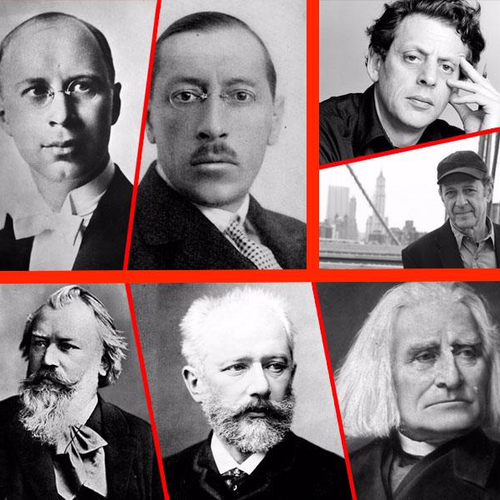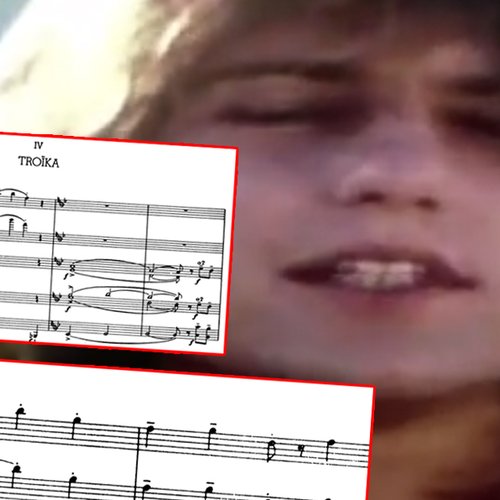Sergei Prokofiev: An Appreciation
A multi-faceted creative genius, Sergei Prokofiev's unpredictability set the pattern for much of the 20th century.
Why is Prokofiev so hard to pin down as a composer?
Prokofiev had a complex musical personality, which one minute might lead him into rethinking 18th century Classical ideals or 19th century Romanticism, then iconoclastically railing against those very traditions with brutish outbursts of mechanistic mayhem the next. As a result, his creative output is bewilderingly uneven, yet when the spark of inspiration ignited his extraordinary genius for long enough, Prokofiev poured forth some of the most original and genuinely touching music composed this century.
Wasn’t Prokofiev the “bad boy” of Russian music?
For a time, yes. After his groundbreaking First Piano Concerto was premiered the press wanted Prokofiev “straight-jacketed”. His typical response was to give the Russian premiere of Schoenberg’s decidedly thorny Op.11 Piano Pieces.
Didn’t he also upset Glazunov?
As a playful prank Prokofiev mischievously sent the arch-conservative Glazunov a complementary ticket to the premiere of his latest radical masterwork, the Scythian Suite. Poor Glazunov left with his head hung low after the third movement!
Didn’t he leave Russia for a time?
Prokofiev fled revolutionary Russia in 1918, yet he was never really happy on foreign soil and, following stays in the US and Paris, he returned to the Motherland in 1936, accepting the loss of personal and artistic freedoms inherent under Stalin.
What happened to his music under Stalin?
This was his real Jekyll and Hyde period. Pieces of nerve-shredding intensity and power such as Piano Sonatas Nos.6-8, were composed alongside such easily assimilated offerings as Alexander Nevsky and the Fifth Symphony.
Wasn’t there a spot of bother over the Seventh Symphony’s ending?
Prokofiev originally composed an unfashionably quiet ending, but the conductor Samosud pointed out that something louder could be worth as much as 100,000 roubles. Prokofiev relented on condition that “this new ending never exists after my death”.













